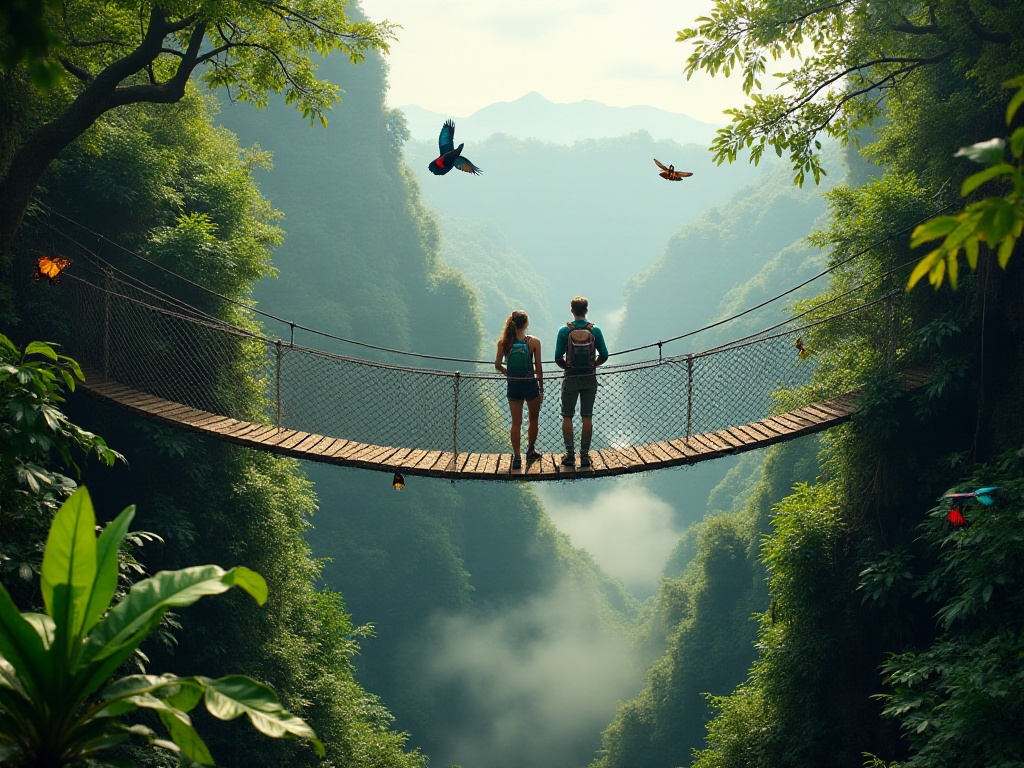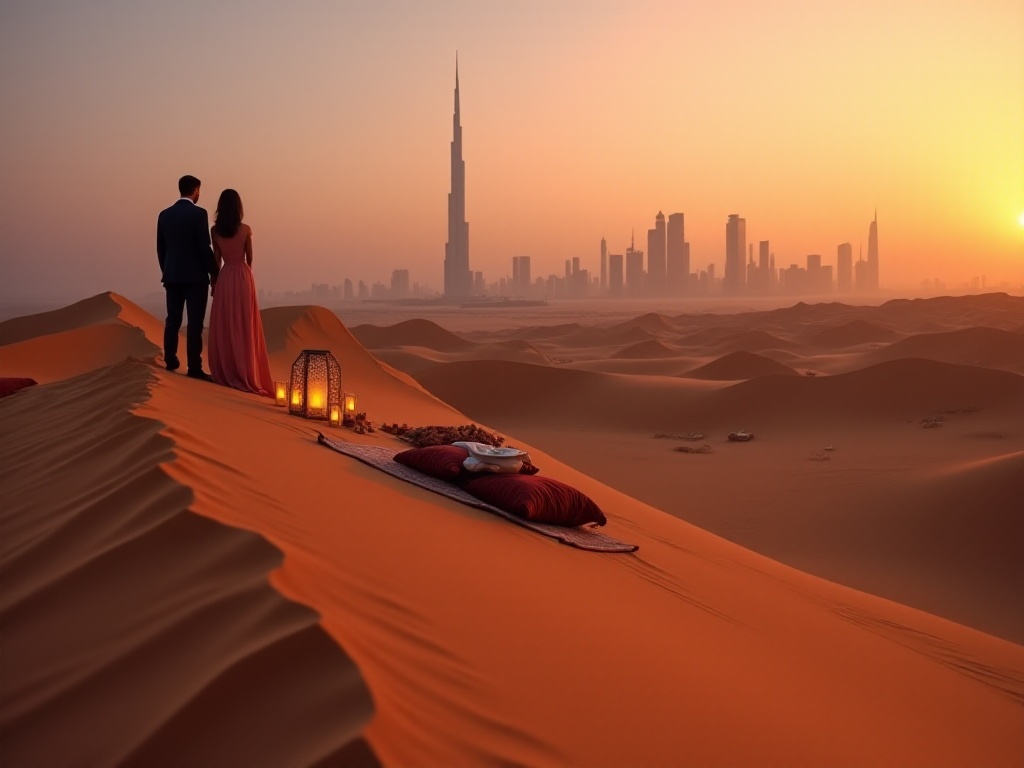
The True Meaning of Travel
When I open my social media feed, I always see various travel photos: some people sunbathing on beaches in the Maldives, others skiing on Swiss mountains, and some surfing along Australian coastlines. But honestly, looking at these photos, I always feel something is missing. It wasn't until I truly began deep travel that I understood traveling is far more than just taking a few beautiful photos.
As a travel blogger who has visited over 30 countries, I often receive messages from followers asking: "What do you think makes a real journey?" This question seems simple, but giving a proper answer requires careful thought. Travel isn't just about changing geographical locations or "checking in" somewhere else - it's a journey of physical and mental exploration. Like when I was trekking in Nepal, each step was a discovery of self, and each rest was a contemplation of life.
Common Misconceptions
Many people today have misconceptions about travel. Some think travel is just about visiting popular spots and taking photos for social media; others believe travel must involve going far away and flying; and some think travel is all about shopping and buying luxury bags. Honestly, these views are all too superficial.
I remember meeting an elderly couple at Qinghai Lake last year who were cycling around the lake, covering only 20 kilometers each day. The old gentleman wore simple sportswear and a straw hat, with wrinkles full of joy. He said, "My wife and I are in no hurry. We just want to properly experience the journey. Watch the sunrise and sunset, listen to the yaks, and chat with passing herdsmen." After hearing his words, I suddenly realized this was the true attitude toward travel.
That night, I set up tents by the lake with the elderly couple, drinking their home-brewed tea and talking at length. They said when they were young, they only thought about making money, but now in retirement, they've discovered that the most precious thing is this time spent slowly savoring life.
Exploring the Essence
Speaking of travel's essence, I believe it's an exploration of the unknown, a journey of the soul. According to the UN World Tourism Organization's data, global tourist arrivals in 2023 have recovered to 85% of pre-pandemic levels, reaching 1.2 billion. These numbers reflect humanity's eternal desire to explore the world.
In my view, true travel should have three characteristics: first is initiative - you must want to go from your heart, not because of social media or influencer trends; second is immersion - you must truly be present and feel deeply, not just check boxes; and finally, growth - you must gain something, whether it's understanding of the world, self-knowledge, or even a life-changing decision.
Take my experience in Varanasi, India - if I hadn't sincerely wanted to understand Indian culture, I probably would have been scared away by the chaotic streets. But because of my strong curiosity, I stayed by the Ganges for an entire week, watching devotees bathe and pray every morning, and participating in various ceremonies each evening. Gradually, I began to understand Indians' attitude toward life and death, and gained new perspectives on my own life.
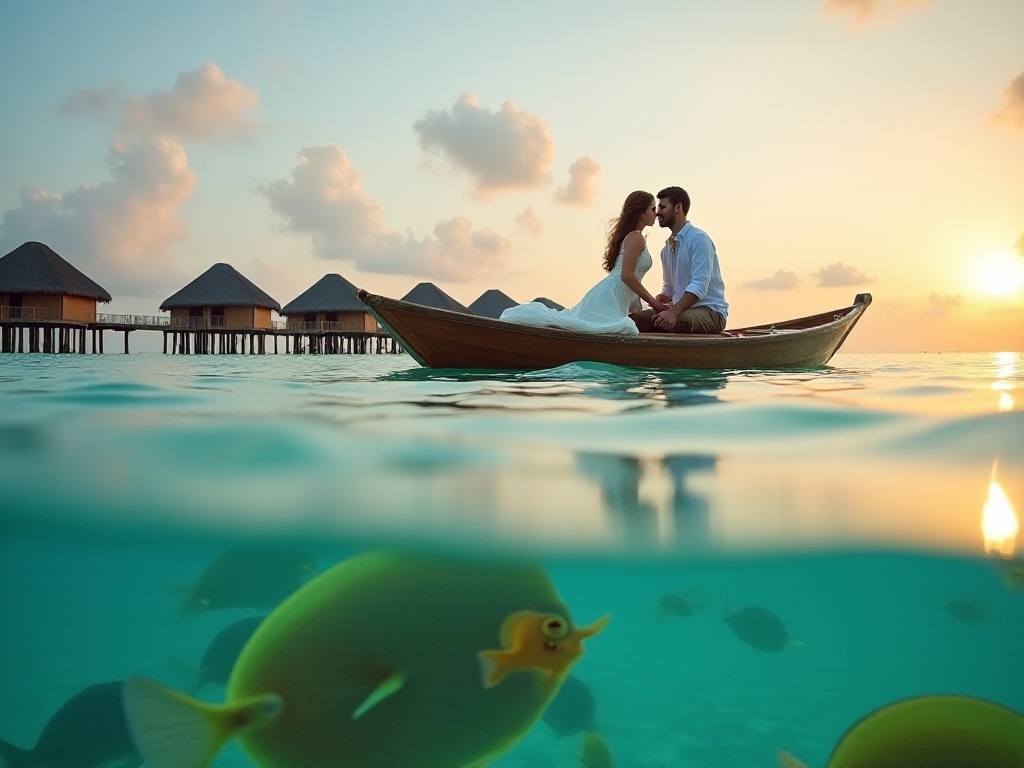
Deep Experience
So how can one achieve a deep travel experience? From my experience, first, you need to slow down. Modern people are often too impatient, rushing through "six countries in seven days" tours, where most time is spent bouncing between transportation and queuing for photos at attractions, leaving no chance to truly experience local life.
Last year, I lived in Kyoto, Japan for a month, renting a small apartment near Gion. Every morning, I would go to different temples to hear the bells. Sometimes it was Kiyomizu Temple, sometimes Kinkaku-ji, sometimes Ninna-ji. Listening to the melodious bells while watching monks methodically perform their morning rituals, I could immerse myself in a zen-like atmosphere.
In the evenings, I liked walking along the Kamo River. Watching girls in kimonos cross stone bridges, elderly men fishing by the river, and young people playing guitars on the riverbank. Gradually, I understood why Kyoto is called Japan's soul. This city preserves the most traditional Japanese culture while embracing elements of modern life.
During that month in Kyoto, I also took a tea ceremony course. The teacher was an elderly lady with 40 years of tea ceremony experience. She told me that the tea ceremony isn't just about making tea - it's a life attitude. From every movement in preparing tea to every detail in tasting it, it reflects Japanese people's pursuit of perfection and appreciation of the present moment.
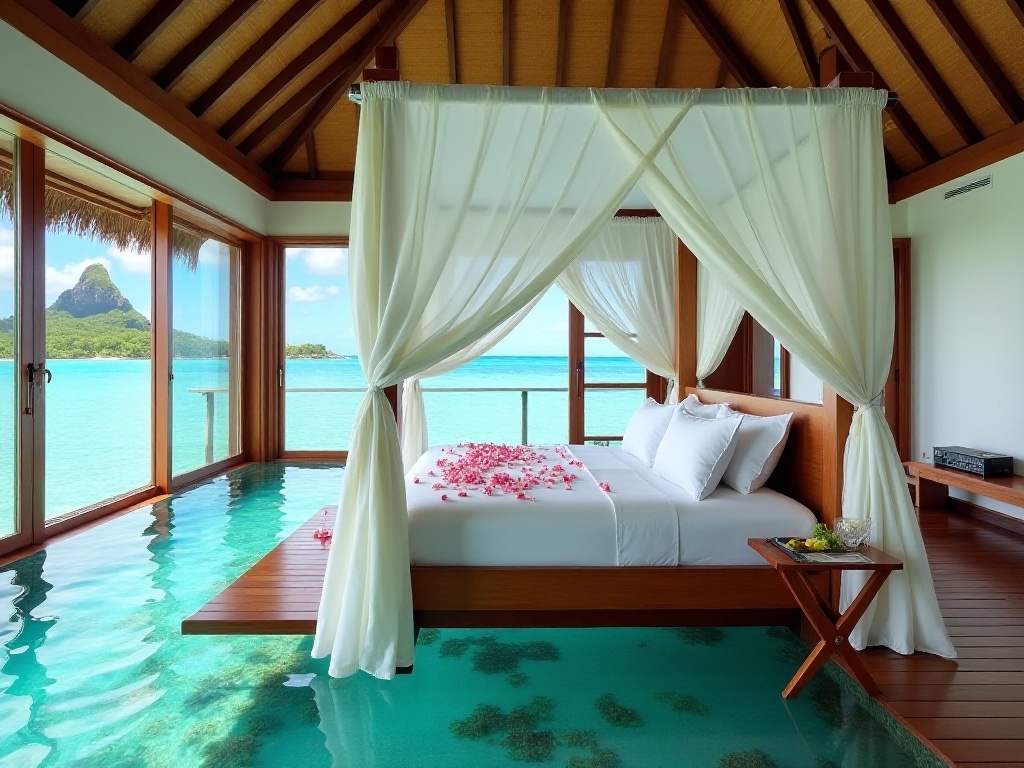
Preparation
Preparation is essential for meaningful travel. According to Ctrip's "2024 Traveler Behavior Report," over 60% of travelers start planning their trips a month in advance, with 25% spending over 20 hours on trip research. These statistics show that more people are beginning to value pre-trip preparation.
I particularly recommend reading books about your destination before departing. For example, before going to Tibet, I first read "The Tibetan Book of Living and Dying." This book not only gave me a deeper understanding of Tibetan Buddhist culture but also helped me better appreciate the architecture, art, and religious ceremonies when I arrived in Lhasa.
Besides reading, I also learn some basic local phrases before departure. I remember before going to Turkey, I specifically learned some simple Turkish phrases. Although my pronunciation might not have been perfect, the smiles on locals' faces when I greeted them in Turkish were the best reward.
Additionally, understanding local taboos and customs is crucial. For example, women need to mind their dress in some Islamic countries, and in some Buddhist countries, one should be careful not to touch Buddha statues casually. These details may seem minor but show respect for local culture.
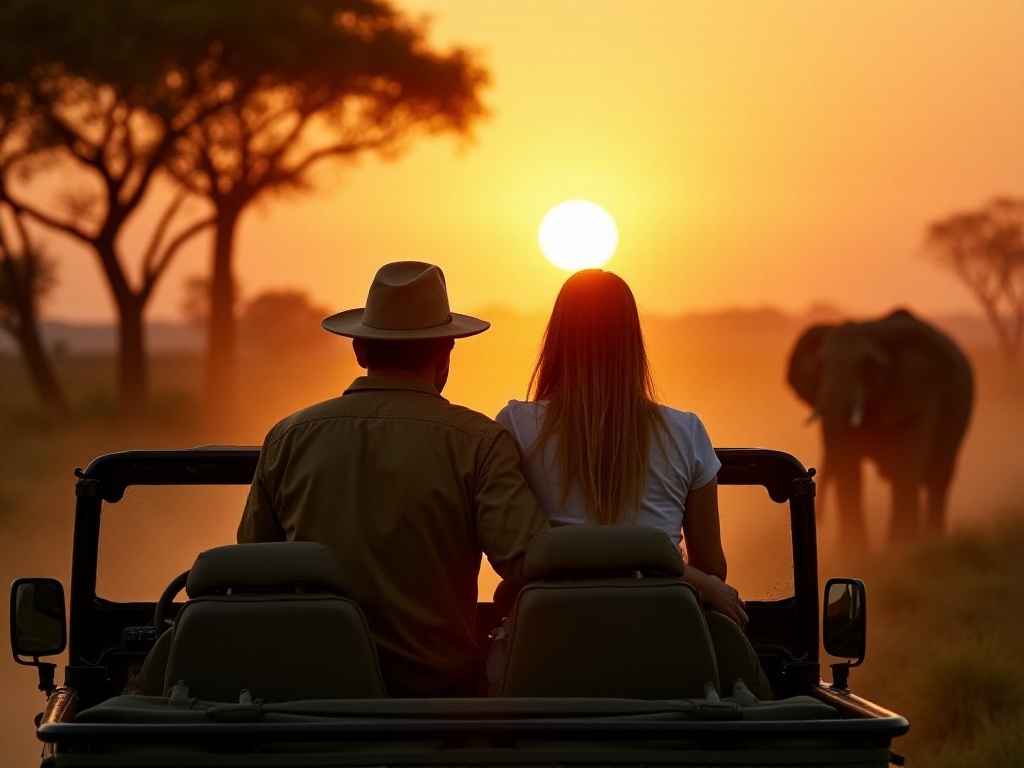
Local Interaction
Real travel must involve interaction with locals. In my experience, the best way is to participate in local daily life. In Cappadocia, Turkey, I stayed in a cave hotel run by a local. Every morning, I would prepare breakfast with Ali, the owner. He taught me how to make authentic Turkish fried eggs and how to brew the most traditional Turkish coffee.
In the evenings, Ali would light a bonfire in the courtyard and tell me stories about this land. He said his ancestors had been carving and living in these caves for hundreds of years, and each cave had its own history. Through these stories, I not only learned about Cappadocia's history but also felt the locals' deep emotional connection to this land.
In Hoi An, Vietnam, I joined a cooking class with a local family. The hosts were an elderly couple who grew various spices and vegetables in their yard. The grandmother taught us how to wrap Vietnamese spring rolls and how to prepare fish sauce, with every step being particular. While preparing ingredients, we talked about Vietnamese food culture and learned much about local life.
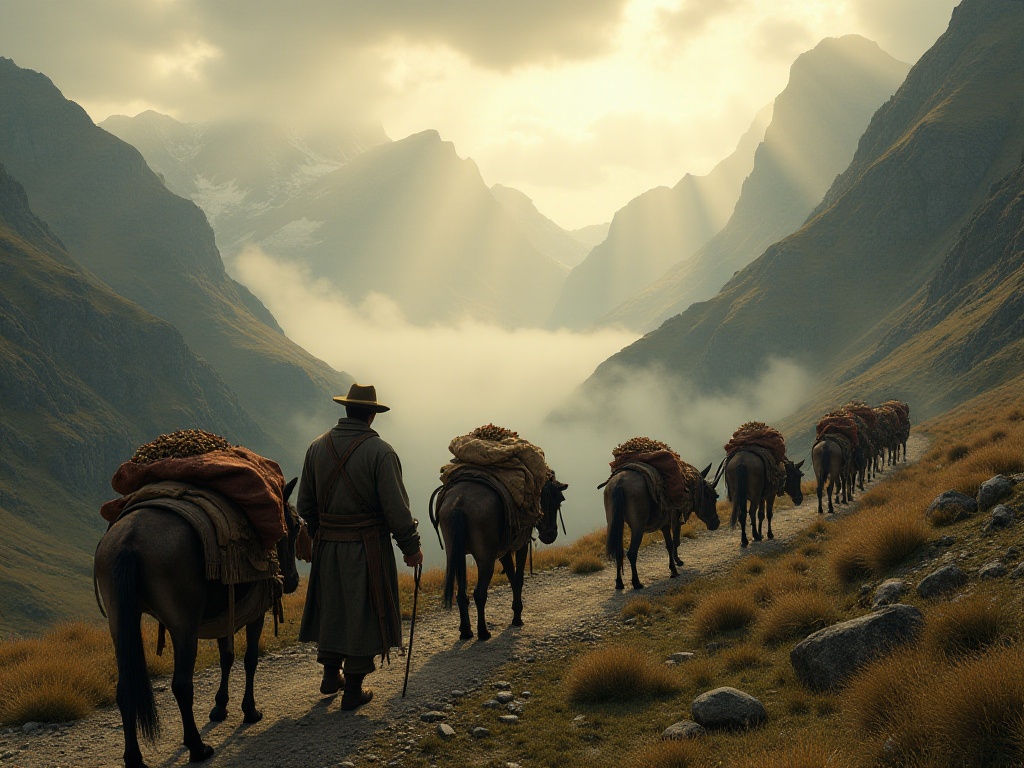
Recording Insights
Everything seen and heard during travel is worth recording. According to surveys, over 80% of those born after 1990 record their travel experiences, with 45% choosing to post short videos and 35% writing travel blogs. But I think the method of recording isn't important - what's important is authentically recording your feelings and thoughts.
I habitually carry a small notebook to record thoughts and feelings. Sometimes it's a sentence, sometimes a scene, sometimes a conversation with someone. These fragmentary records often evoke the most authentic memories when looking back.
For example, during my trek in Nepal, I wrote: "Today I watched the sunrise at 4,000 meters altitude, surrounded by snow-capped peaks. When the first ray of sunlight hit the Himalayas, I suddenly understood why ancient people would worship mountains as deities. Humans are truly tiny in the face of such nature."

Experiential Insights
At this point, I must mention an important perspective: travel has no class distinctions - attitude is what matters. I've seen backpackers stay in hostels for a month, exchanging daily with travelers from around the world, gaining rich experiences; I've also seen tourists in five-star hotels who took nothing away except photos.
In Chiang Mai, Thailand, I met a German girl. She volunteered at a hostel, working 4 hours daily in exchange for free accommodation. In the evenings, she would cook with other guests, sharing foods from their respective countries. Through this approach, she not only saved on accommodation but also made many friends and learned about different cultures.
In contrast, I've also seen many "wealthy" tourists. They stay in the most expensive hotels and eat at the most expensive restaurants, but spend all day complaining that things aren't as convenient or comfortable as back home. What's the meaning of such travel, even if you spend a lot of money?
Future Outlook
As technology develops, travel forms continue to innovate. McKinsey's 2024 Tourism Industry Report predicts that immersive experiences and sustainable travel will become mainstream in the next five years, with an expected market size of $2 trillion.
Immersive experiences allow travelers to experience local culture more deeply. For example, some places now offer "life experience" programs where tourists can live like locals for a few days. In Japan, you can stay in a temple to experience monk life; in Mongolia, you can live in a yurt to experience nomadic life.
Sustainable travel is another important trend. More travelers are becoming concerned about their travel's impact on the environment and local communities. They choose eco-friendly transportation, support local small businesses, and try to minimize environmental damage.

Final Thoughts
Have you noticed that travel is like life - it's not about how far the destination is, but how beautiful the scenery along the way is and how sincere the people you meet are. Each journey is an opportunity for self-discovery and growth.
Before your next departure, ask yourself: What do I want from this trip? Is it pure relaxation? Understanding of foreign cultures? Or self-exploration? Setting off with such thoughts in mind, you'll surely gain a truly meaningful travel experience.
So here's the question: What's your most memorable travel experience? Welcome to share your story in the comments.
Next
The Essential Guide to Your Maldives Honeymoon
An in-depth exploration of travel and honeymoon concepts, covering basic travel definitions, classifications, and characteristics, with detailed insights into honeymoon travel specifics and practical advice on destination selection and trip planning
First-Hand Experience: A Complete Maldives Honeymoon Travel Guide
A comprehensive guide to travel and honeymoon planning, covering transportation options, travel types, destination recommendations, planning tools, and professional services for both leisure and adventure honeymoons
Honeymoon Travel Guide: In-Depth Analysis of 28 Selected Destinations to Make Your Romantic Journey Unique
Comprehensive guide to honeymoon destinations and planning, covering popular spots in Asia and Americas, along with specialty destinations for island getaways and cultural experiences. Features both leisure resort stays and adventure experiences, with detailed information on booking channels and services.
Next
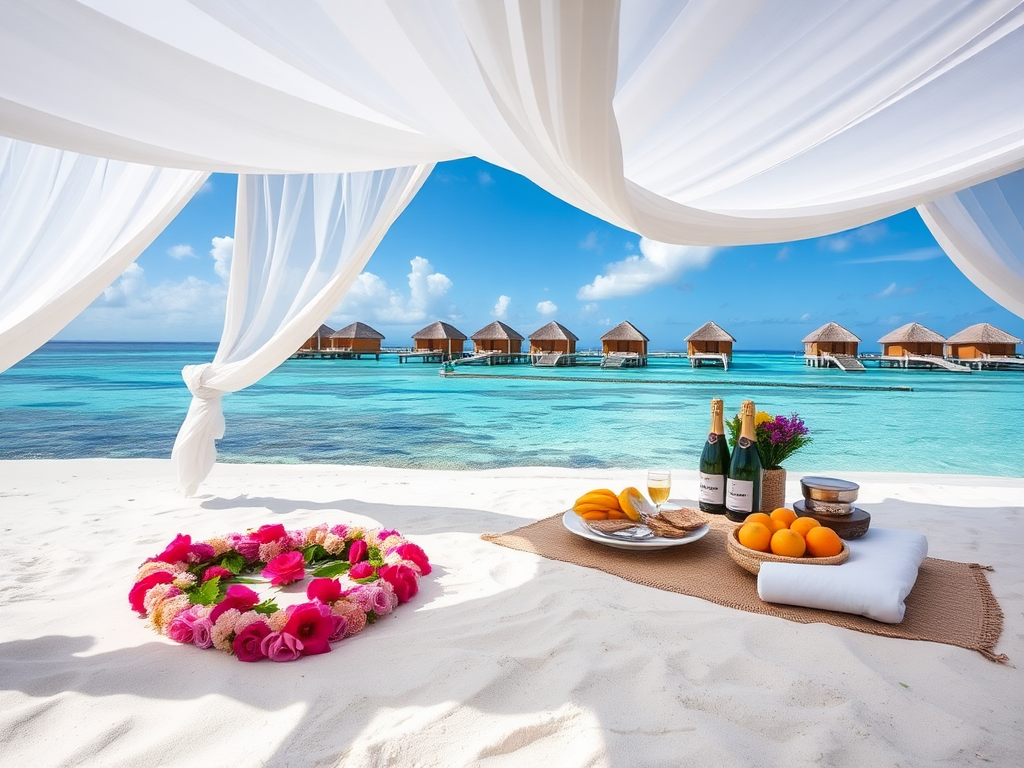
The Essential Guide to Your Maldives Honeymoon
An in-depth exploration of travel and honeymoon concepts, covering basic travel definitions, classifications, and characteristics, with detailed insights into honeymoon travel specifics and practical advice on destination selection and trip planning
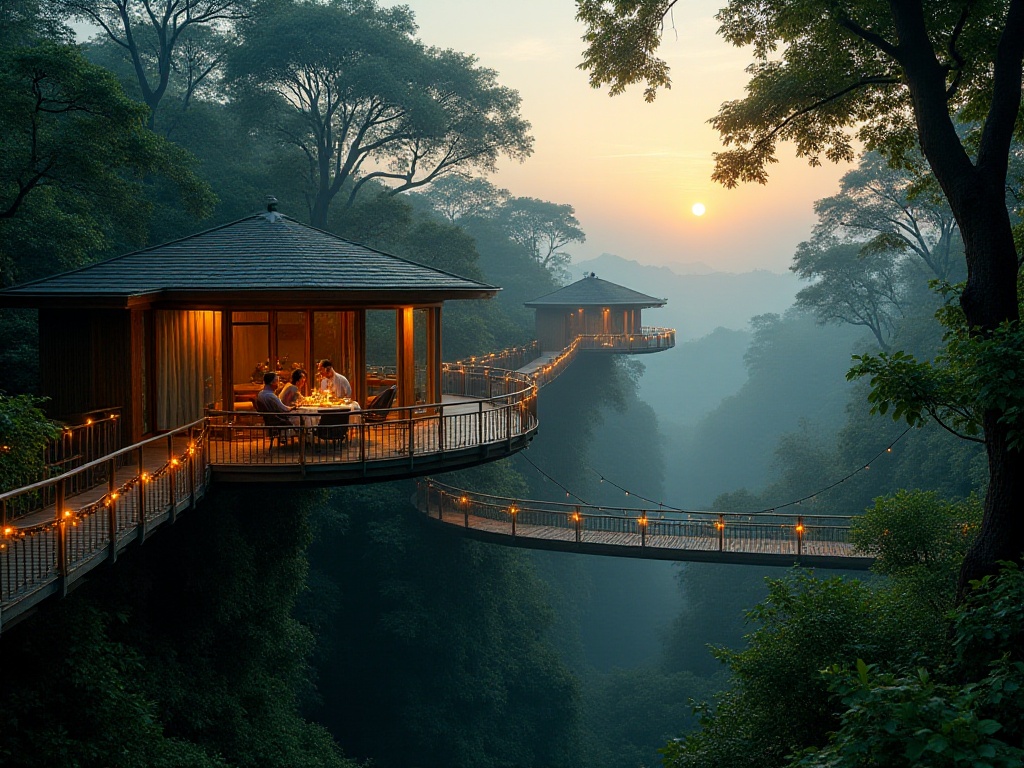
First-Hand Experience: A Complete Maldives Honeymoon Travel Guide
A comprehensive guide to travel and honeymoon planning, covering transportation options, travel types, destination recommendations, planning tools, and professional services for both leisure and adventure honeymoons
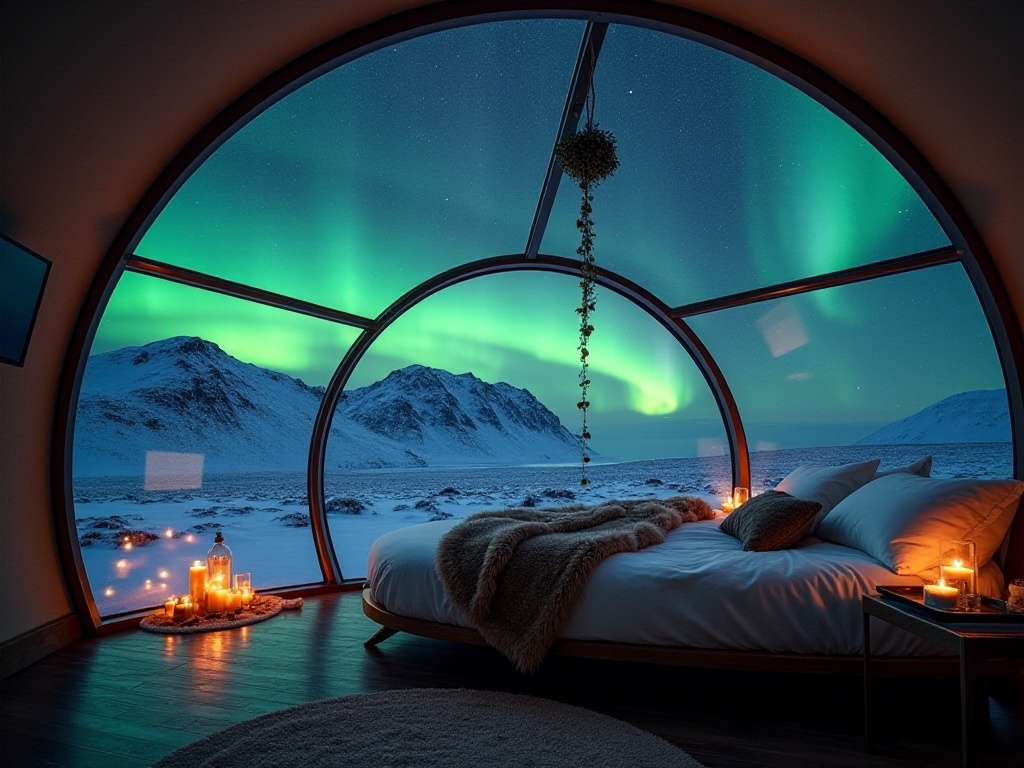
Honeymoon Travel Guide: In-Depth Analysis of 28 Selected Destinations to Make Your Romantic Journey Unique
Comprehensive guide to honeymoon destinations and planning, covering popular spots in Asia and Americas, along with specialty destinations for island getaways and cultural experiences. Features both leisure resort stays and adventure experiences, with detailed information on booking channels and services.

